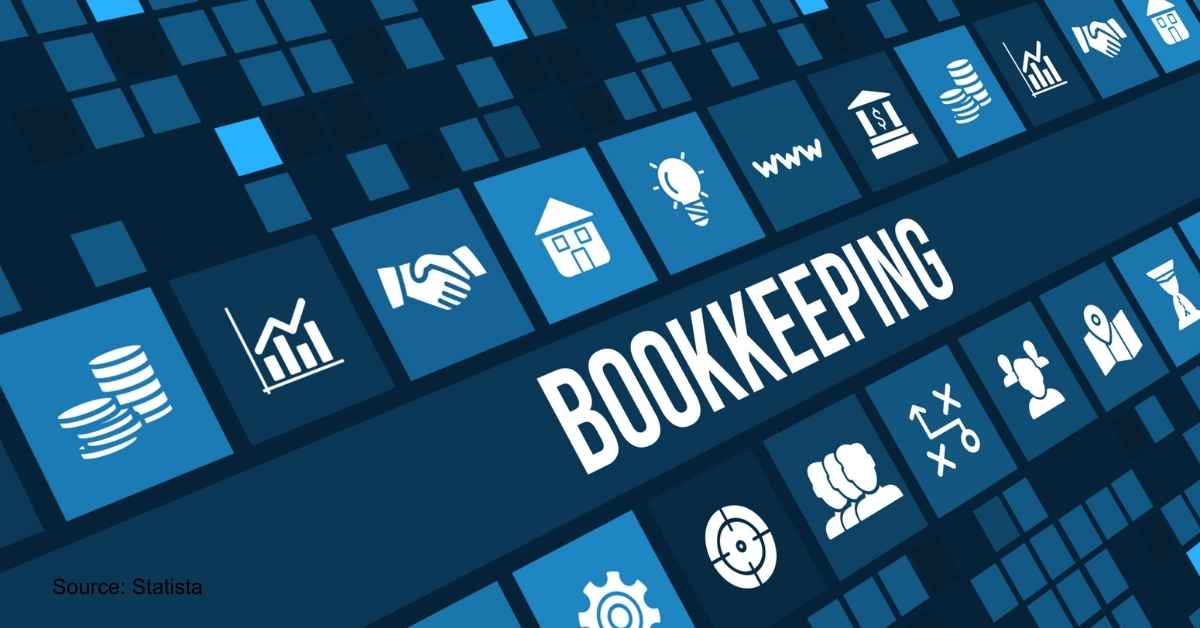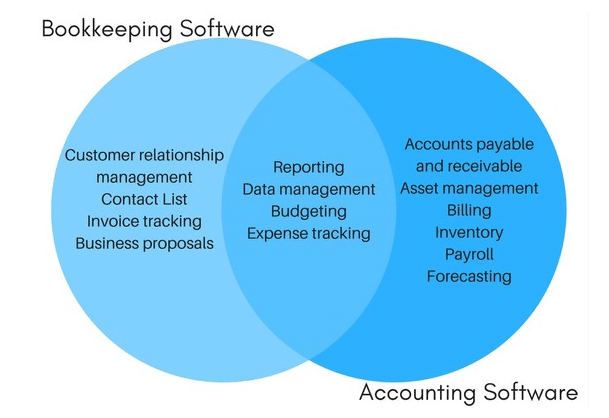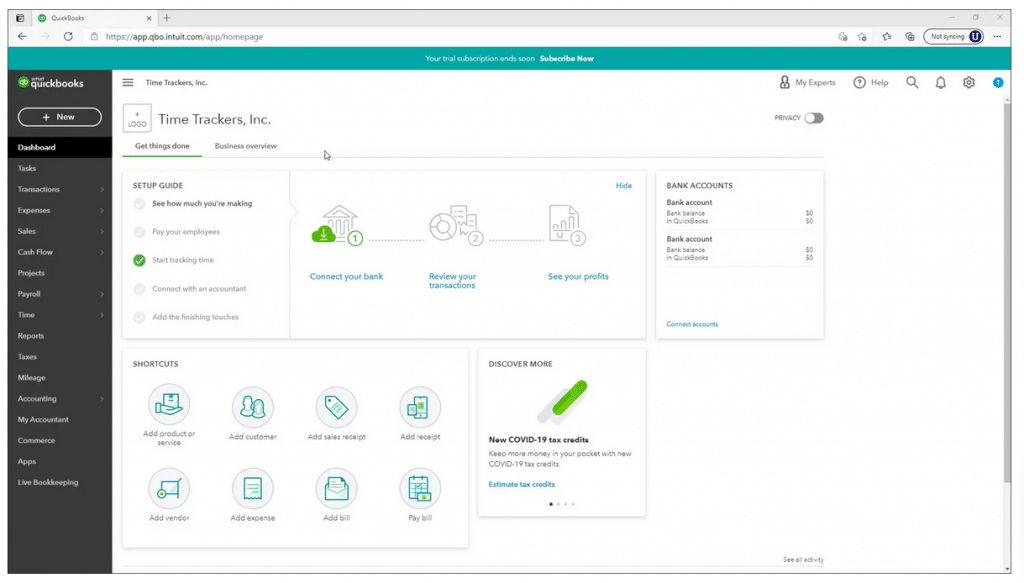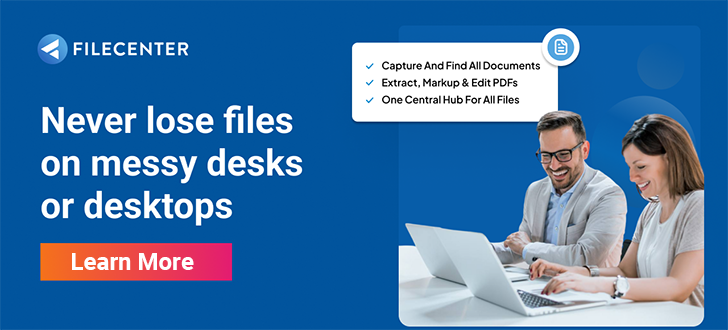5 Small Business Bookkeeping Software in 2025

When it comes to small business bookkeeping software, there are a lot of different options on the market. A recent report revealed that there is at least 1,400 accounting-related software today. It can be challenging to decide which is best for your business.
We’ll discuss five popular bookkeeping software programs and their features. We’ll also give you a breakdown of the pros and cons of each program so that you can make an informed decision about which one is right for you.
But first, let’s review how bookkeeping software helps small businesses and how they differ from accounting systems.
Key takeaways:
- Bookkeeping software helps small businesses by automating the process of tracking financial transactions, including sales, purchases, payments, and receipts.
- Bookkeeping software tracks financial transactions and generates reports. Accounting systems are typically more complex and include features such as tax preparation.
- SaaS-based bookkeeping software is a type of software delivered via the internet, meaning you can access it from anywhere, and you don’t have to install it on your computer. SaaS-based also means that the provider takes care of your updates and maintenance.
- Five popular bookkeeping software for small businesses are Quickbooks Online, Xero, Freshbooks, Wave, and Sage 50cloud.
How Does Bookkeeping Software Help Small Businesses?
Bookkeeping software helps small businesses by automating the process of tracking financial transactions, including sales, purchases, payments, and receipts. The software can also generate paperless reports so business owners can see where their money is going and make informed decisions about their spending.
The features of bookkeeping software vary depending on the program, but most programs include basic features such as sales tracking, purchase tracking, payment processing, and reporting. Some programs offer more advanced features such as inventory management, time tracking, and project management.
Bookkeeping software facilitates double-entry bookkeeping, where the user enters every financial transaction twice, once as a debit and once as a credit. Double-entry bookkeeping helps to ensure accuracy and prevent errors.
How Is Bookkeeping Software Different from an accounting system?
Bookkeeping and accounting are essential parts of managing your business finances. While the two can seem quite similar, there are a few differences.
Bookkeeping concentrates on documenting and organizing financial data, while accounting interprets the data. You can think of bookkeeping as recording business transactions and accounting as analyzing business performance.
That said, bookkeepers working for smaller companies might perform primary accounting duties.
Bookkeeping software is different from an accounting system and reflects the role of a bookkeeper. Bookkeeping software tracks financial transactions and generates reports. Accounting systems are typically more complex and include features such as tax preparation.

Questions to Ask When Selecting a Bookkeeping Software
When selecting a bookkeeping software, there are a few critical questions you should ask:
- How easy is the software to use?
- Does the software have all of the features I need?
- How much does the software cost?
- Is the software compatible with my accounting system?
Lastly, ask if the bookkeeping software is SaaS-based. Why?
SaaS-based bookkeeping software is a type of software delivered via the internet, meaning you can access it from anywhere, and you don’t have to install it on your computer. SaaS-based also means that the provider takes care of your updates and maintenance, and the software can scale as your business grows.
5 Leading Small Business Bookkeeping Software
Now that we’ve answered some basic questions about bookkeeping software let’s look at five of the most popular programs on the market.
1. QuickBooks Online
QuickBooks Online is one of the market’s most popular bookkeeping software programs. It offers a variety of features that make it a good choice for small businesses, including the ability to track income and expenses, create invoices and estimates, manage inventory, and run reports. However, those who have grown accustomed to the functionalities of the desktop version may not find switching to QuickBooks Online a smooth transition. The features and user interface are different.
QuickBooks offers three different pricing plans:
- Simple Start: $30/month
- Essentials: $55/month
- Plus: $85/month
- Advanced: $200/month
Pros:
- Excellent dashboard
- Feature-rich
Cons:
- Limited customer support
- Some users find the online version lacking compared to the desktop version

2. PrecisionBooks
PrecisionBooks is a streamlined bookkeeping platform built for today’s small business owners who need financial clarity without accounting complexity. This cloud-based solution has gained popularity for its balance of powerful features and user-friendly design.
The software specializes in automated transaction reconciliation using its proprietary SmartMatch technology, which reduces manual data entry by up to 85%. Its mobile-first approach ensures business owners can manage finances on the go, with secure biometric authentication for sensitive operations.
Pricing Plans:
- Starter: $15/month (200 transactions, 1 user)
- Business: $32/month (unlimited transactions, 3 users)
- Enterprise: $59/month (includes inventory management, unlimited users)
Pros:
- Industry-specific templates for 30+ business types
- Comprehensive tax compliance updates
- Excellent multicurrency support
- Intuitive financial forecasting tools
Cons:
- Limited third-party integrations compared to competitors
- Customer support only available during business hours
3. FreshBooks
FreshBooks has automation and customization features that enable you to send recurring invoices and accept online payments. FreshBooks offers three different pricing plans:
- Lite: $15/month
- Plus: $25/month
- Premium: $45/month
Pros:
- Easy to use
- Provides a variety of features
- Excellent customer support
- Affordable pricing for the features offered
- SaaS-based
Cons:
- Some users find the software difficult to navigate
4. Wave Accounting
Wave Accounting is a popular bookkeeping software program that offers many of the same features as QuickBooks, Xero, and FreshBooks.
Wave Accounting is a free bookkeeping software program. While it does have paid add-ons, the principal software is free to use.
Pros:
- Easy to use
- Free to use for businesses with basic needs
- SaaS-based
Cons:
- Doesn’t have projects and time tracking
- Limited customer support
5. Sage 50cloud
Sage 50cloud features report groups that allow you to combine financial statements, reports, and views and print them in a batch. Sage 50cloud has three different pricing plans:
- Pro: $35/month
- Premium: $55/month
- Quantum: $90/month
Pros:
- Easy to use
- Offers a variety of features
- Affordable pricing for the features offered
- Excellent customer support
- SaaS-based
Cons:
- Some users find the software difficult to navigate
No matter which bookkeeping software program you choose, make sure that it offers the features your small business needs and is easy to use. Also, read reviews of the software before you purchase it to see what other users have to say about it.
Tie it All Together with FileCenter
FileCenter is a robust, feature-rich small business document management software that can help you record, process, and store business documents.
Schedule a demo today to learn how FileCenter can enable your bookkeeping by managing your digital documents.


